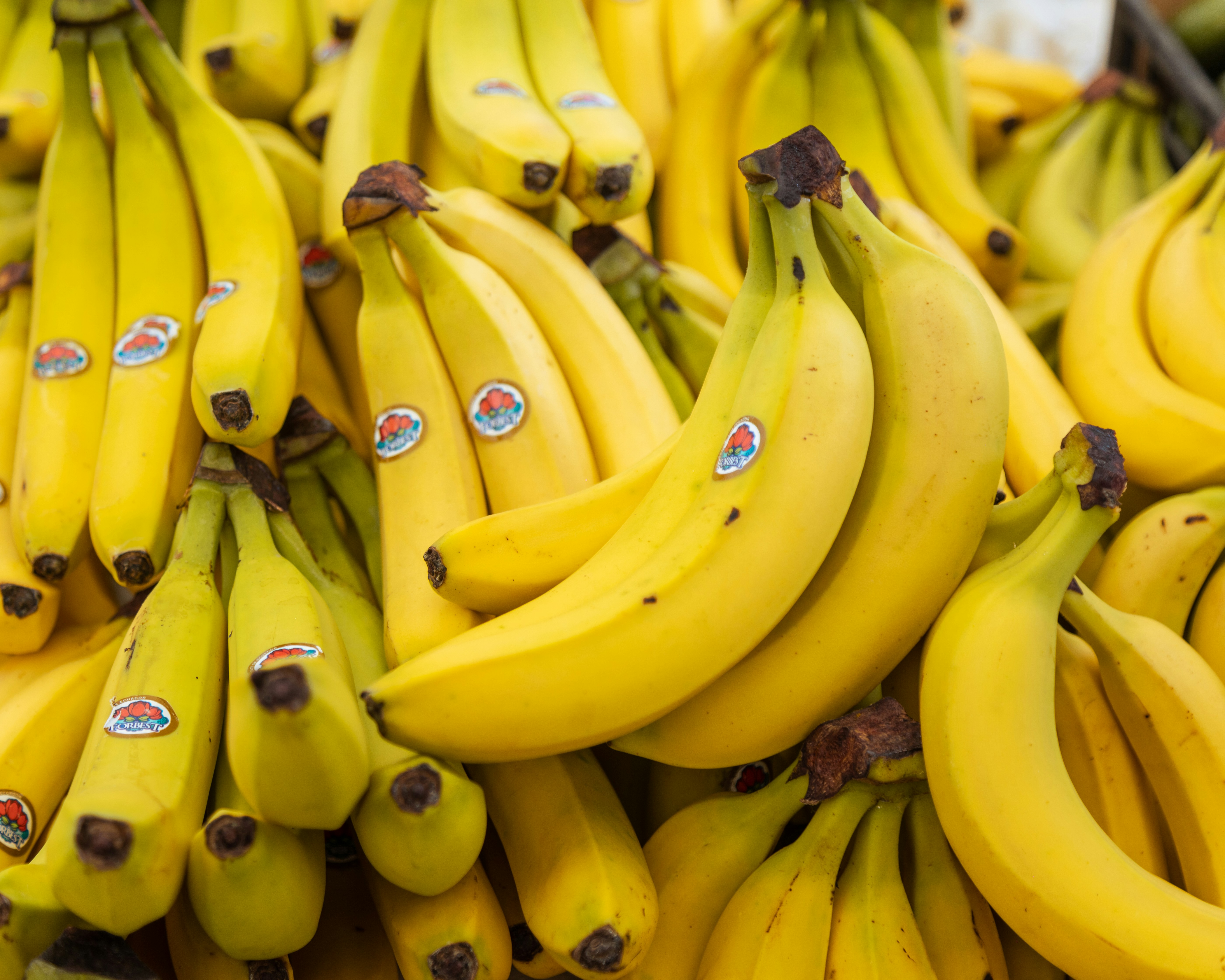Should you eat potatoes every day? Can you include potatoes in your healthy diet regime? Do potatoes possess any side effects? The topic of potatoes and their effects on human health has sparked a considerable amount of confusion among all. In fact, our knowledge regarding the vegetable is ever-evolving, to say the least. And with so much mystery swirling around potatoes, it often gets difficult to differentiate between facts and fiction. But to your surprise, there's one potato variant - shakarndi (or sweet potato) - that has gained all the appreciation from across the food and health fraternity. According to celebrity nutritionist Rujuta Diwekar, "Sweet potato is one fibrous vegetable that is safe for everyone to eat, especially for those planning to lose weight and stay healthy." But are they safe for your heart?
Given the fact that this reddish-purple tuber contains a good amount of starch, people often get confused about whether to include shakarkandi in their heart-healthy diet. In this article, we will delve deep to understand whether eating sweet potatoes daily is good for your cardiovascular health. Read on.
Sweet Potatoes Vs. Regular Potatoes: What Is the Difference?
While both sweet potatoes and regular potatoes come under the same category of root vegetables, they belong to two different plant families. This means the nutrients in each of these tubers are different. Regular potatoes are said to have a higher carb content, whereas the latter wins when it comes to vitamin content. Besides, sweet potatoes have a lower glycemic index than regular ones, making them more desirable among health enthusiasts.
Shakarkandhi Nutrition | What Are the Main Nutrients in Sweet Potatoes?
According to USDA data, a 100-gram serving of sweet potato contains just 86 calories and 0.1 grams of fat. But it has 337mg of potassium, 1.6gm of protein, and a considerable amount of dietary fiber. Alongside, a 100-gram serving of sweet potato provides you with 10% of your daily vitamin B6, 4% of vitamin C, 3% of calcium and iron each, and 6% of the total magnesium your body needs daily.
Also Read:7 Winter Weight Loss Recipes With Sweet Potatoes You Must Try

Photo Credit:iStock
Sweet Potato for Heart Health | Is Eating Sweet Potato Daily Healthy for Your Heart?
A popular winter vegetable, sweet potato plays a dominating role in our seasonal diet regime. We roast it, bake it, and also fry it to relish in various forms. This is why it becomes even more important to know whether sweet potato has any side effects or not.
Sweet potato contains a high amount of potassium, which, according to health experts, helps balance the body's sodium level, further aiding blood pressure regulation. According to WebMD, several studies show that the complex carbs, low-fat, and dietary fibre in sweet potatoes help lower LDL "bad" cholesterol, which may further lower the odds of cardiovascular diseases.
Consultant nutritionist Rupali Datta weighs in, "The antioxidants like anthocyanin and beta-carotene in sweet potato help prevent free radical damage and oxidative stress, further aiding the flow of blood and oxygen across the body."
Bottom Line: Is Sweet Potato Safe for Consumption? Yes or No?
A study published in the journal Nutrients finds sweet potatoes to be good for consumption, provided they are cooked properly. Frying this carb-loaded vegetable increases the glycemic index, disrupting the body's normal functioning. Rupali Datta adds, "Preferably use boiled sweet potato to enjoy a stream of energy, without a sudden spike in blood sugar or blood pressure in the body."
Now that you know all about sweet potatoes and their effects on your heart health, we suggest including them mindfully in your winter diet and enjoying the benefits. But always remember, moderation is the key!
About Somdatta SahaExplorer- this is what Somdatta likes to call herself. Be it in terms of food, people or places, all she craves for is to know the unknown. A simple aglio olio pasta or daal-chawal and a good movie can make her day.










